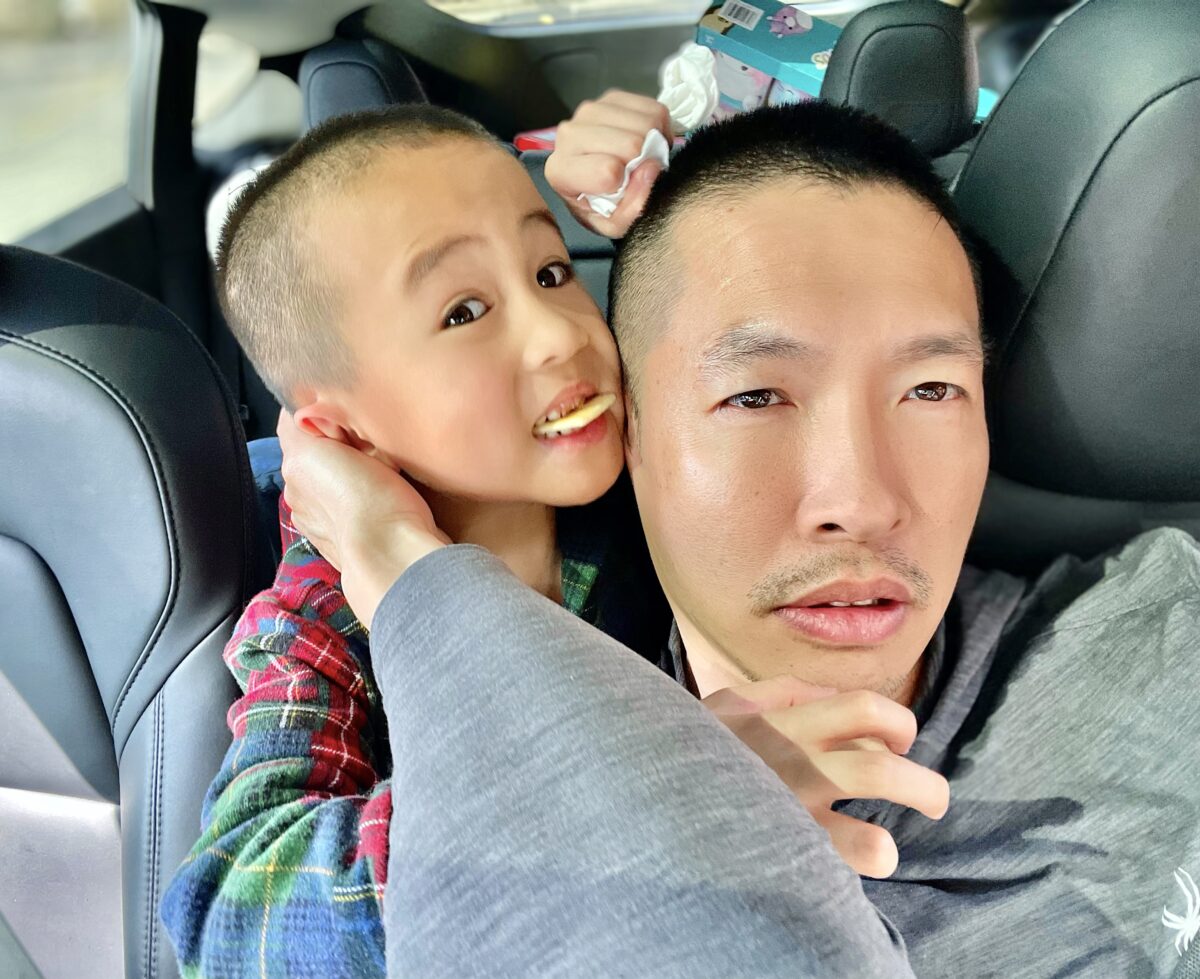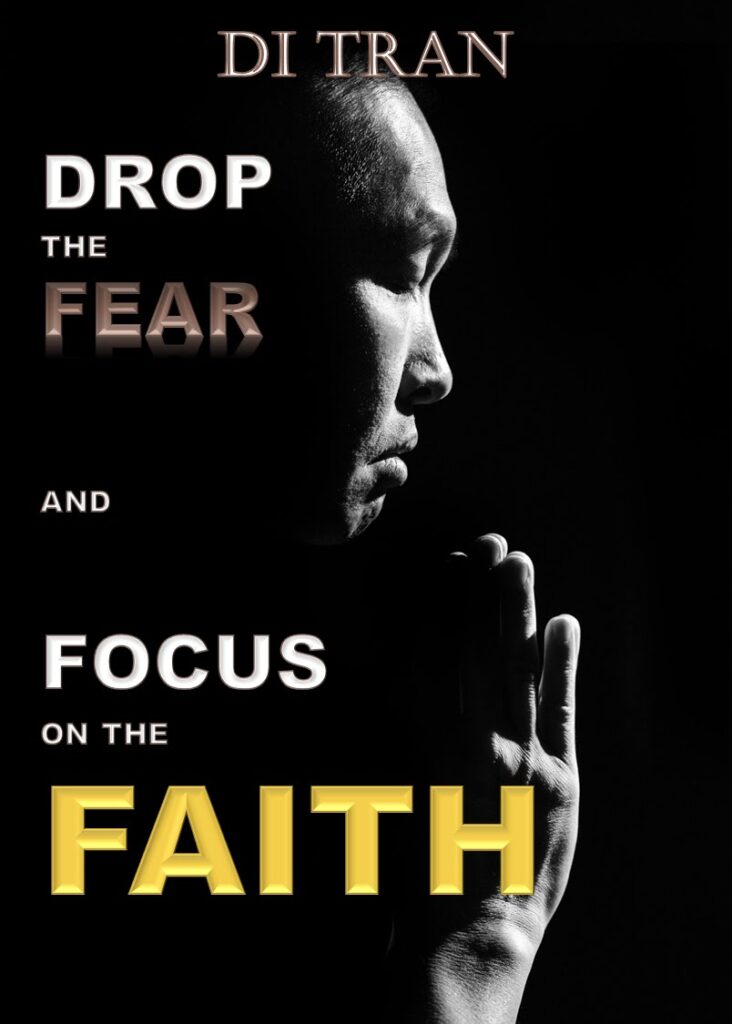Mental health is a critical aspect of our well-being, and feeling lost, empty, and uncertain can be significant symptoms of mental health challenges. Many people struggle with these feelings, and it’s essential to recognize that they are not uncommon, nor are they necessarily the result of external factors such as social status or achievements.

To address these feelings and promote better mental health, it’s crucial to look inward and connect with our inner selves. This is a theme explored in many mental health books, including “The Power of Now” by Eckhart Tolle, which emphasizes living in the present moment and finding a deeper sense of self.
“Man’s Search for Meaning” by Viktor E. Frankl highlights the importance of finding meaning and purpose in life, even in the face of adversity. This is an essential message for those struggling with mental health challenges, as finding a sense of purpose can provide motivation and help people regain a sense of control over their lives.
“The Alchemist” by Paulo Coelho encourages readers to trust their intuition and follow their passions. This is an essential message for those struggling with mental health challenges, as finding creative outlets and hobbies can be an effective coping mechanism.

“Big Magic” by Elizabeth Gilbert highlights the importance of embracing creativity and following our curiosity. This can be a powerful tool for improving mental health, as creative expression can promote relaxation and reduce stress.
Finally, “A New Earth” by Eckhart Tolle encourages readers to let go of their ego and attachment to external validation. This can be especially important for those struggling with mental health challenges, as they may feel pressure to conform to societal norms or meet others’ expectations.
Mental health is a critical aspect of our overall well-being, and feeling lost, empty, and uncertain can be significant symptoms of mental health challenges. By connecting with our inner selves, finding meaning and purpose, and embracing creativity, we can promote better mental health and overcome these challenges.




